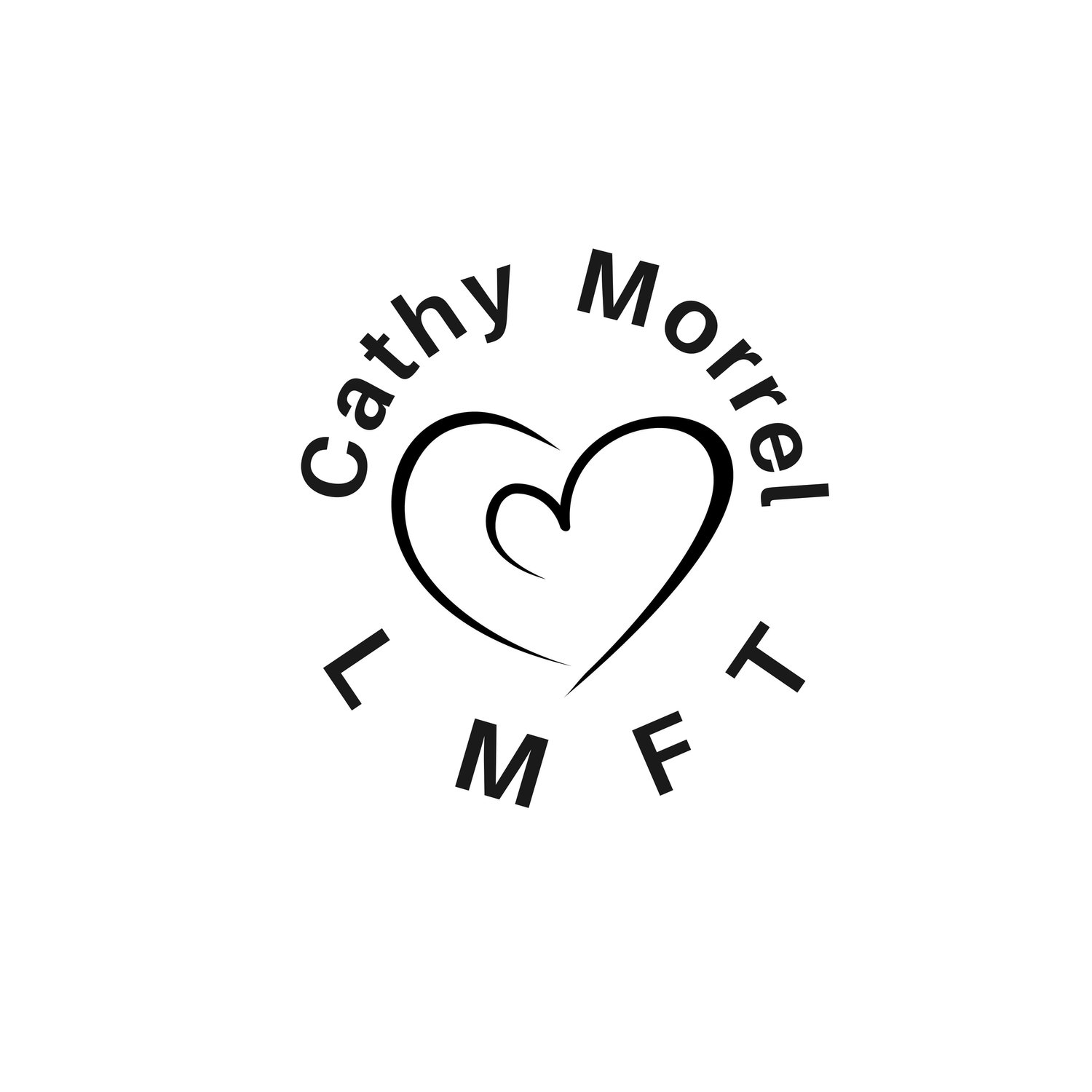Navigating Religious Trauma
Navigating Religious Trauma: Supporting LGBTQIA+ Individuals on the Path to Healing
Religious trauma is a complex and sensitive issue that impacts many individuals within the LGBTQIA+ community. Most mental health professionals recognize the unique challenges faced by LGBTQIA+ individuals who have experienced religious trauma. We work to shed light on the sensitive topic of religious trauma within the LGBTQIA+ community. The goal, in therapy, is often to provide support, guidance, and resources for those seeking healing and understanding. Whether you are struggling with internal conflict, self-acceptance, or seeking ways to reconcile your faith with your identity, we are here to support you on this journey.
Religious trauma refers to the psychological and emotional distress experienced by individuals due to harmful religious beliefs, teachings, or practices. For many LGBTQIA+ individuals, their sexual or gender identity may conflict with the doctrines and teachings of their faith, leading to a profound impact on their mental and emotional well-being. The impact of religious trauma on LGBTQIA+ individuals can include:
Internalized Shame and Guilt: Growing up in religious environments that reject or invalidate their identities can result in internalized shame and guilt. This can lead to feelings of unworthiness, self-doubt, and a negative self-image.
Strained Relationships: Coming out as LGBTQIA+ within religious communities can strain relationships with family, friends, and religious institutions. This rejection and isolation can contribute to feelings of loneliness, depression, and anxiety.
Spiritual Crisis: The conflict between one's authentic self and the teachings of their religion can lead to a spiritual crisis. This may involve questioning one's faith, feeling disconnected from a higher power, or experiencing a loss of trust in religious institutions.
Ways that members of the LGBTQIA+ community can start to foster support, growth and healing include:
Seek LGBTQIA+-Affirming Mental Health Professionals: Work with mental health professionals who are knowledgeable about LGBTQIA+ issues and understand the complexities of religious trauma. They can provide a safe and supportive space for you to explore your experiences, process your emotions, and develop coping strategies.
Foster Self-Compassion: Practice self-compassion by acknowledging the pain you've experienced and treating yourself with kindness. Challenge negative beliefs and remind yourself that your identity is valid and deserving of love and acceptance.
Find Supportive Communities: Connect with LGBTQIA+-affirming support groups or inclusive faith-based communities where you can find understanding and validation. Building a network of supportive individuals who embrace your identity can play a crucial role in your healing journey.
Reconciling Faith and Identity: Engage in a personal exploration of your faith and identity. Seek out progressive interpretations of religious teachings that affirm LGBTQIA+ identities. Engaging in open conversations with progressive religious leaders or spiritual mentors can help you find a path toward reconciling your faith with your authentic self.
Cultivate Resilience: Cultivate resilience by practicing self-care, setting boundaries, and engaging in activities that promote your well-being. Surround yourself with positive influences that uplift and affirm your identity.
If you are an LGBTQIA+ individual who has experienced religious trauma, know that you are not alone. The journey to healing and reconciling your faith and identity can be challenging, but it is possible. Remember to seek support from mental health professionals, build connections with affirming communities, and practice self-compassion along the way. Your experiences are valid, and you deserve a life that integrates your authentic self and your spiritual beliefs. Together, we can navigate religious trauma and help you find a path to healing, acceptance, and personal growth.

